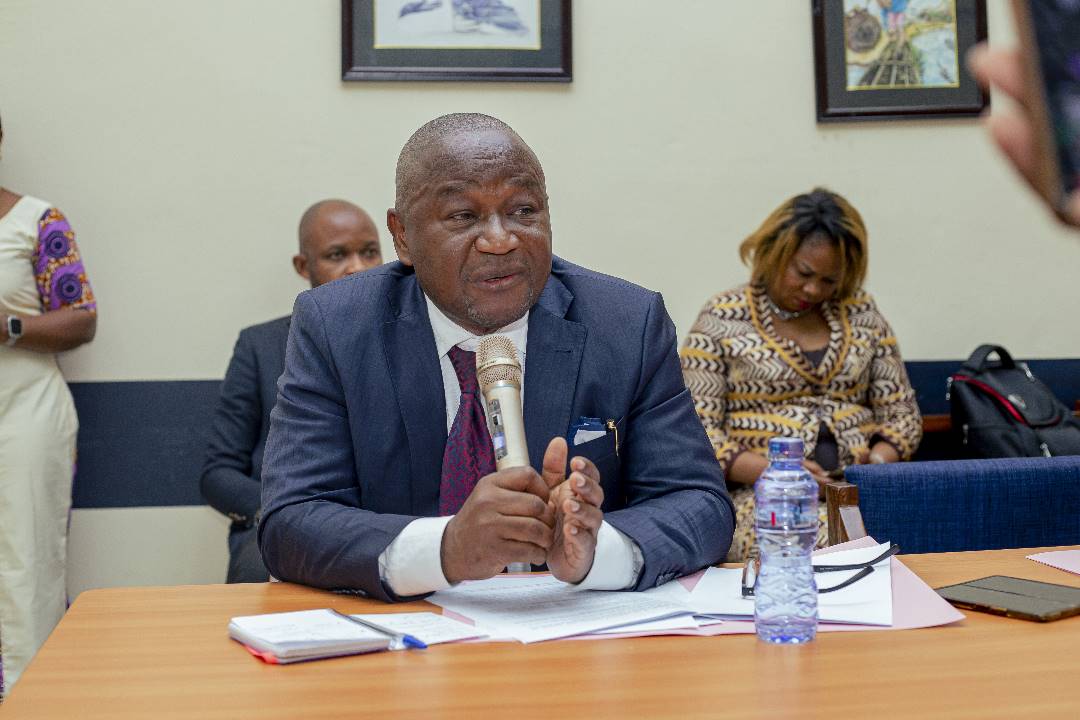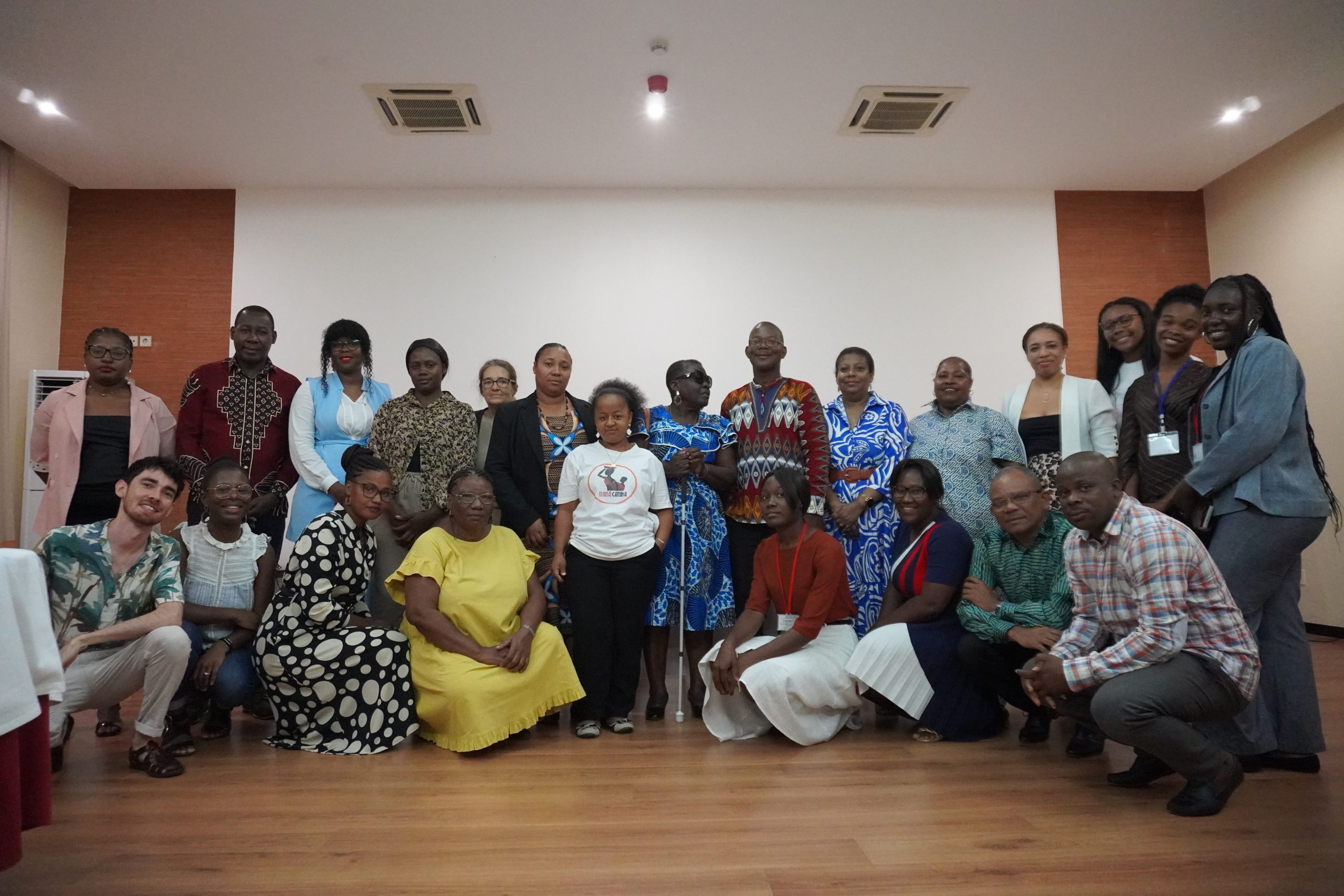On 15 June 2023, the National Assembly of the Democratic Republic of the Congo (DRC) adopted a law on the protection and responsibility of human rights defenders, titled ‘Loi relative à la protection et la responsabilité du défenseur des droits de l’Homme en République Démocratique du Congo’. This step follows the adoption of two Edicts in North and South Kivu and the State’s commitment to strengthening the protection of human rights defenders and the role played by human rights defenders in DRC.
The adoption of the new law also comes after a consultation organised by ISHR and SOS Information Justice Multisectorielle (SOS-IJM) on 22 March 2023 between civil society and senators in Kinshasa to discuss the draft law and ensure that it complies with international standards on the protection of human rights defenders, prior to its adoption.
‘The struggle of several years has come to an end. The DRC becomes the 5th African country* to specifically protect defenders on its territory, and we hope that this will enable defenders to feel a little safer in the country’, said Justin Bahirwe, Lawyer and Coordinator of SOS-IJM.
The law, which contains 30 articles, defines the rights and duties of human rights defenders, their responsibilities, and the remedies, sanctions and reparations available in the event of violations of their rights. Article 3 guarantees freedom of association, assembly and access to information. Article 5 guarantees the possibility of obtaining funding from international entities. As is the case in Côte d’Ivoire, Mali and Niger, Article 6 of the new law also grants specific protection to women human rights defenders. It also sets out the State’s obligations, such as the physical protection of defenders (article 18) and their families (article 14).
‘The adoption of this law is an important step forward for the country and we can only congratulate the Government. We are nonetheless concerned to see that provisions for the registration of defenders and their obligation to submit annual reports have been maintained, or to note the lack of establishment of a protection mechanism that would strengthen the implementation of this law,’ said Adélaïde Etong Kame, Senior Africa Programme Manager for ISHR.
While guaranteeing a certain number of rights, article 7 of the law stipulates that defenders who are not affiliated to an organisation must register with the National Human Rights Commission, which will then draw up a list of defenders. This measure is contrary to the broad definition of human rights defenders contained in article 2 al.4 and the United Nations Declaration on Human Rights Defenders, which recognises that a human rights defender is ‘anyone working for the protection of human rights, regardless of the duration of their work’. This registration would not allow occasional human rights defenders to be registered and therefore benefit from the protections of the aforementioned law.
Moreover, articles 11 and 16 require defenders and NGOs to submit annual reports on their activities to protect and promote human rights, whereas article 45 of the law of 20 July 2001 on general provisions applicable to non-profit associations and public utility establishments, already requires NGOs to submit an annual report to the Ministry of Planning. Finally, despite the inclusion of a chapter 4 entitled ‘Du mécanisme de protection du défenseur des droits de l’Homme’, no information is given on this mechanism and its implementation. Such a mechanism is essential to ensure the effective implementation of the law.
*The four other countries are, in alphabetical order: Burkina Faso, Côte d’Ivoire, Mali and Niger.




